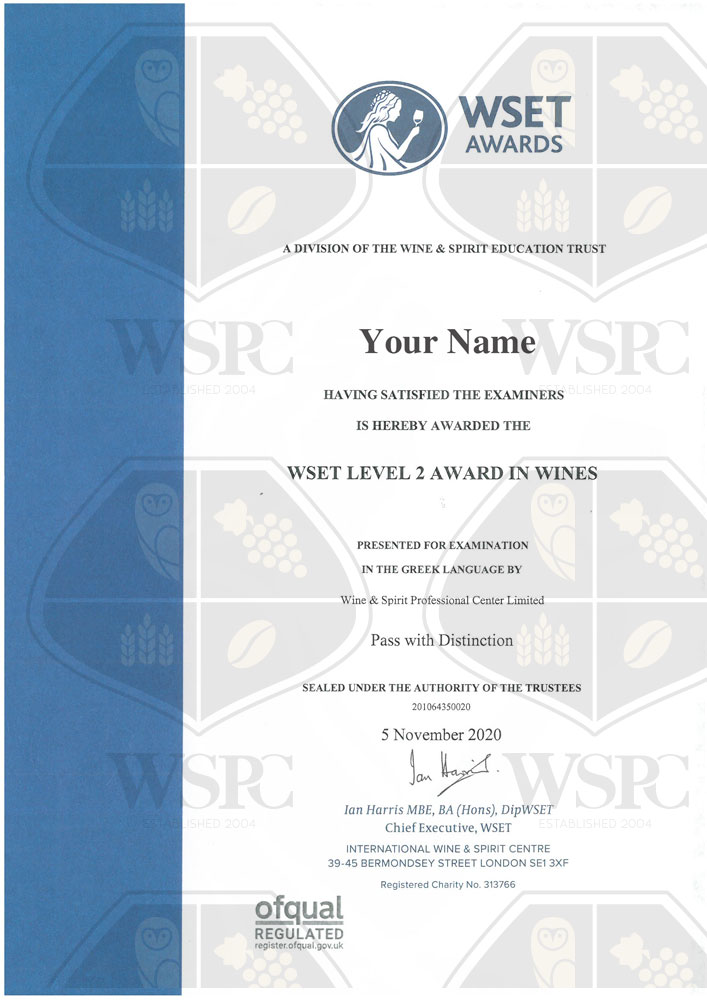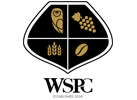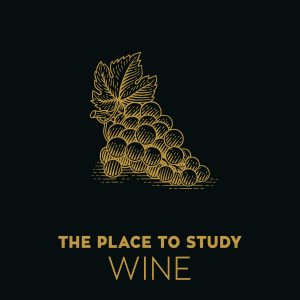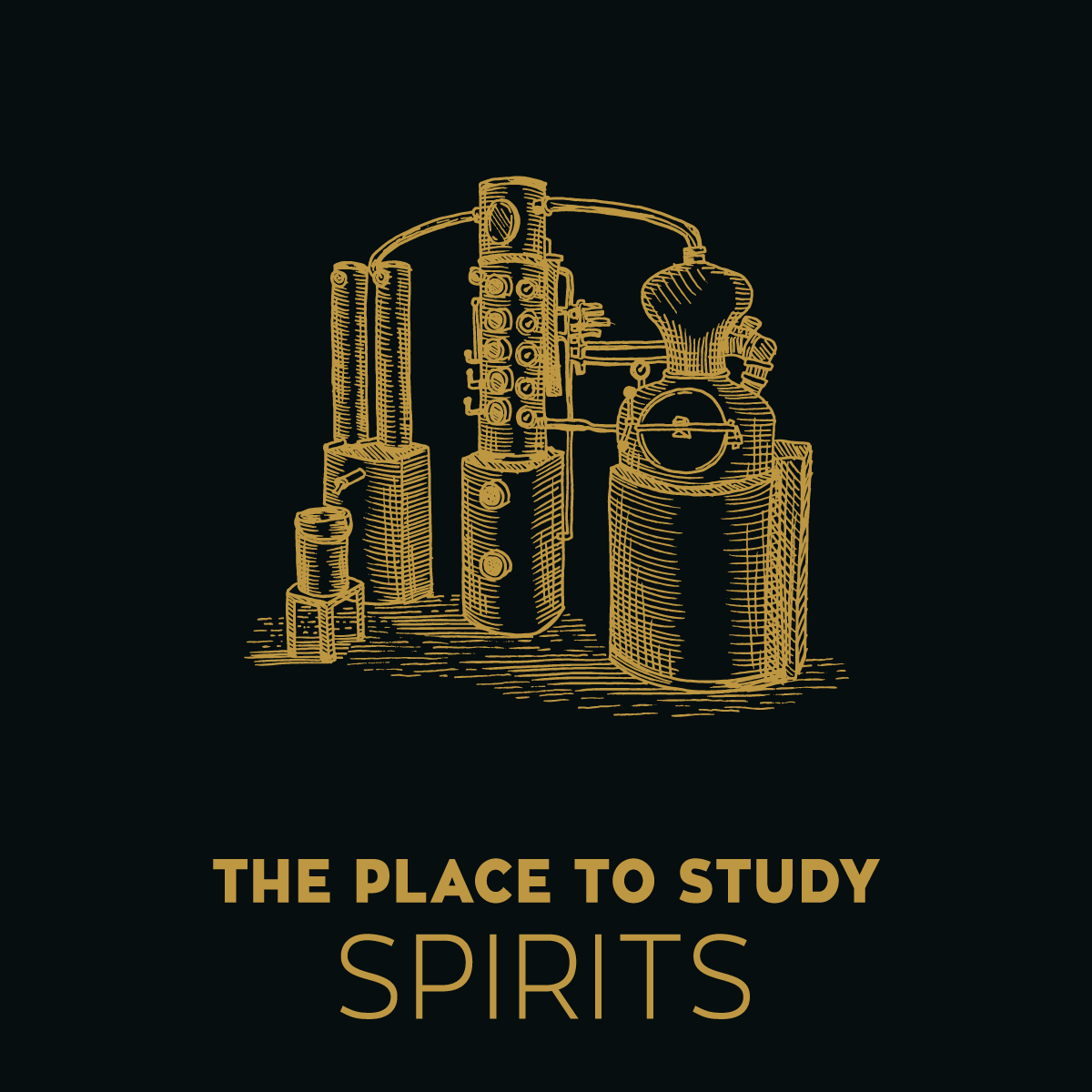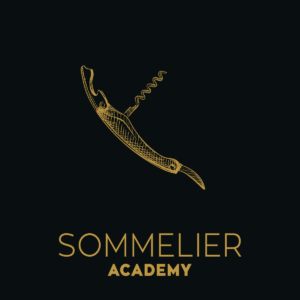HYBRID COMBO Level 1 In-person & Level 2 Online
€1.064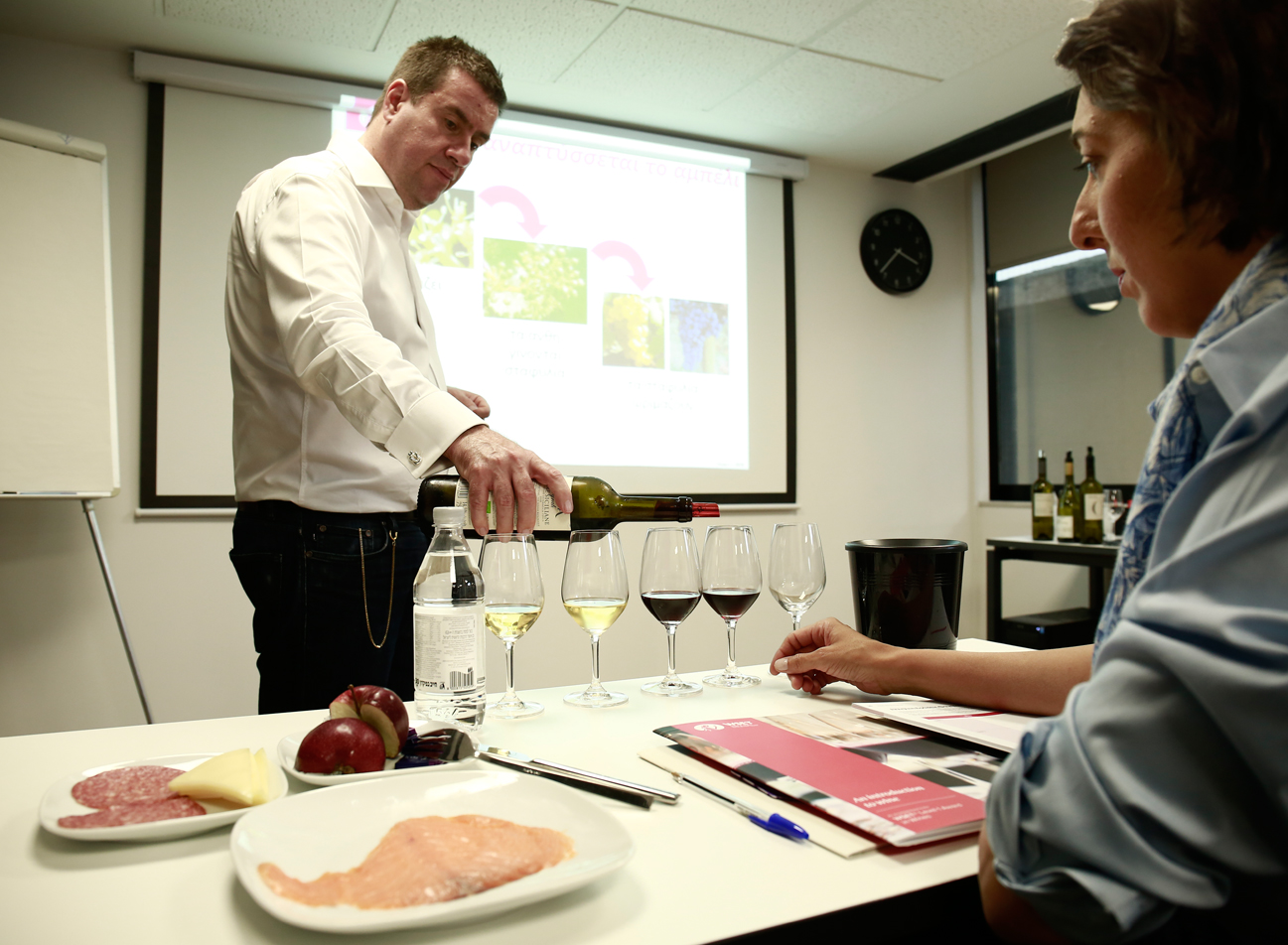
About this course
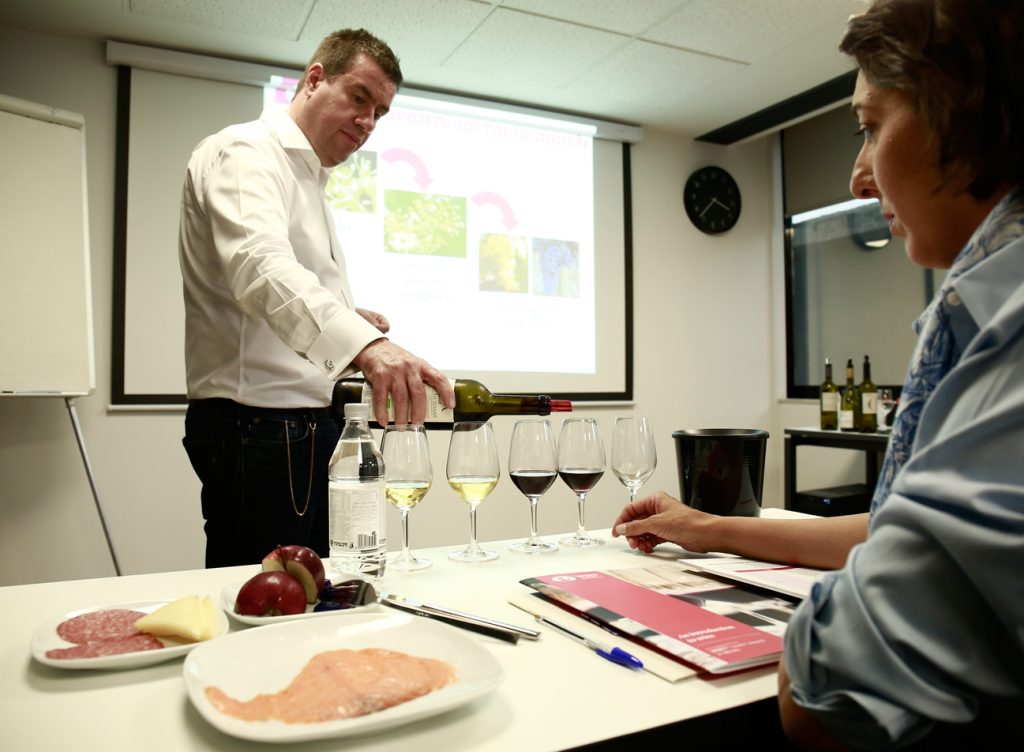
or Installments
The selection of installments reshapes the final value of the fees and the number of installments is applied at the completion of your order, during Checkout.
By choosing the Combo Level 1 & 2 program in Wine, prospective students have the opportunity to complete the courses in a short period of time and more economically.
It is aimed at professionals and wine lovers who wish to immediately enter the wine industry.
About the course
Level 1 focuses on the section of food and wine pairing, through many hours of training and practice which is valuable for the daily life of a professional and an oenophil as well as for rendering a high level of services in all markets addressed to end consumers.
The Level 2 in Wines Certification is suitable to support professional skills and competences wherever a good level of wine knowledge is needed. For example, this may include customer service and sales in the tourism sector and in the retail and wholesale trade industry. It is also a useful qualification for anyone with a broader interest in wine who would like to enrich their knowledge.
Successful performance in the examinations is a prerequisite for being awarded the Certification.
MORE
Holders of the Level 2 Qualification are able to describe and compare the styles of wines produced from important international and local grape varieties, interpret wine labels from the world’s major wine-producing regions and give basic guidance on correct selection and serving, as well as understand the basic principles of wine tasting and evaluation.
In total, this educational program consists of 36 hours of classes and exams.
Results are announced within 7 working weeks of the exam date. Success in the exams is a prerequisite for continuing studies at Level 3: International Vineyard/ WSET Level 3 Award in Wines and Greek Vineyard/ WSPC HESTIA Level 3 PLUS.
Program of Studies andCurriculum
Levels 1 & 2 in Wine
Learning outcomes
In order to achieve the purpose of the Certification, there are four learning outcomes for Level 1 and six learning outcomes for Level 2.
Level 1 in Wine
Learning Objective 1: Knowledge of the basic stages of viticulture and winemaking.
- Parts of the grape
- Grape growing
- Climate
- Alcoholic Fermentation
- Production of still white, red and rosé wines
Learning Objective 2: Knowledge of the types, characteristics and styles of wines produced from the main grape varieties as well as other examples of wines.
- Basic types and styles of wine
- Key grape varieties
- Examples of wines from the key grape varieties
- Examples of other wines
- Examples of Greek wines
Learning Objective 3: Knowledge of the basic principles and practices of wine storage and serving.
- Storage of wines
- Wholesale and Retail
- Description of service temperature
- Serving of wine
- Responsible consumption
Learning Objective 4: Fundamental food and wine interactions.
- Food ingredients affecting wine
- Elements in wine influenced by food
- Rules in food and wine pairing
- Evaluation exercises
- Substantiation of interactions
Level 2 in Wine
Learning Objective 1: Understanding environmental influences and viticultural choices, as well as how these will affect the style and quality of the wine.
- Identify what each part of a grape provides to the wine maker.
- Identify what a vine needs to grow grapes.
- Identify the key stages of grape formation and ripening.
- Describe how the grape’s components, aromas and flavours change as the grape ripens.
- Describe how the environmental influences in the vineyard affect grape ripening and quality.
- Describe how grape ripening affects the style and the quality of wine.
- Identify the grape-growing options in the vineyard.
- Explain the meaning of the most important labelling terms used to demonstrate origin and regulation.
- State the meaning of the labelling terms relating to vines age and grape-growing options.
Learning Objective 2: Understand how winemaking and bottle aging affect the style and quality of wine.
- Outline the key stages of alcoholic fermentation.
- Identify the key stages of the winemaking processes for red, rosé and white wines.
- Describe how winemaking options can influence the style and quality of wines produced.
- o Identify the key changes a wine undergoes during bottle ageing.
Learning Objective 3: Understand how environmental influences, viticultural choices, vinification and bottle aging affect the style and quality of wines produced from the main grape varieties.
- Describe the characteristics of the principal grape varieties.
- Describe how environmental influences and grape-growing options impact on the characteristics of the principal grape varieties.
- Describe how winemaking options affect the styles of wine produced from the principal grape varieties.
- Describe how bottle ageing affects the style of wines produced from the principal grape varieties.
- Describe the styles and quality of wines produced from the principal grape varieties in the specified GIs.
- Compare the styles and quality of wines produced from the principal grape varieties within and between the specified regions.
- Explain the meaning of the most important local labelling terms indicating style and quality of wines made from the principal grape varieties.
Learning Objective 4: Knowledge of the style and quality of wines produced from locally important black and white grape varieties.
- Describe the characteristics of the regionally important black and white grape varieties.
- Describe the styles and quality from wines produced from the regionally important black and white grape varieties from
specified GIs. - Explain the meaning of labelling terms indicating style and quality of wines made from regionally important
black and white grape varieties.
Learning Objective 5: Understanding how the winemaking process affects the style of sparkling and fortified wines.
- Identify the key grape varieties used to produce the principal styles of sparkling wines.
- Identify the key stages of the winemaking processes for sparkling and fortified wines.
- Identify the key GIs for sparkling and fortified wines.
- Describe the styles of specified sparkling and fortified wines.
- Explain the meaning of the labelling terms associated with sparkling and fortified wines indicating style and quality.
Μαθησιακός Στόχος 6: Κατανόηση των βασικών αρχών και διαδικασιών της αποθήκευσης και του σερβιρίσματος του κρασιού αλλά και των συνδυασμών κρασιού και φαγητού.
- Identify the ideal conditions for storing and methods for preserving wine.
- State the recommended serving temperature for the types and styles of wines.
- State the correct stages for opening and serving wine.
- Identify how common faults affect the aroma and flavours of wine.
- Identify the principal food and wine interactions.
Enrollment
- Express your interest by phone (210 9882540 & 544) or by e-mail (education@wspc.gr)
Your registration is completed by paying the tuition fee in advance, either via eshop or via bank account/web-banking.
After depositing the tuition fee, you will be sent the Registration Form, which you must complete. Your registration is automatically completed after the correct submission of the Registration Form.
Participation is allowed to prospective students over the age of 18.
A prerequisite for registration, prospective students must have an e-mail address. All important updates on your studies will be made electronically.
Awarding of the WSET Level 2 Award in Wine Certification to successful candidates:
WSET provides digital certificates and digital badges for all certificates. To access your digital certificate please fill in your details HERE using your personal email, which should be the same as the one you already provided when registering with WSPC.
If you would like a replacement certificate, please note that it can ONLY be ordered electronically through WSET® Awards HERE.
-Registration concerns the student’s participation in the course he has chosen. Tuition fees are non-refundable and cannot be applied to the student’s participation in a subsequent corresponding course.
-No other registration can be made after the registration deadline (no late registration). In the event of late registration, the student should be aware that he will be charged a fee of €70 + VAT.
-WSPC reserves the right to cancel a course if the minimum number of students is not reached. In this case, registered students will be credited with the full amount they have deposited.
Modes of payment:
By Bank deposit to:
- Alpha Bank IBAN: GR33 0140 1180 1180 0233 0000 482 (WSPC Ε.Π.Ε).
- Piraeus Bank IBAN: GR73 0171 7270 0067 2711 3141 025 (Εργαστήριο Ελευθέρων Σπουδών).
- Eurobank Bank IBAN: GR06 0260 0190 0005 4020 1143 015 (Εργαστήριο Ελευθέρων Σπουδών Επαγγ. Κέντρο).
Justification of deposit: Student’s full name, or corporate trade name, in case of a corporate expenditure.
By Credit/Debit card Visa & MasterCard
Basic principles
The purpose of this information is to help our students understand basic principles of behavior that need to be respected throughout the classes.
A class should provide a friendly and harmonious environment, able to promote a high level of learning progress, ensuring a smooth running of the course and respect towards all parties involved in the learning process-both students and instructor.
Don’t miss a class
It has been proven that students who do not miss classes and are assiduous in attending the course, have more chances to perform better in the examination and pass the test with a higher mark. It is students’ personal responsibility to fill in the gap and look out for notes, exercises, homework or/and flights of wines relevant to the class.
Don’t be late for the class
It is a sign of respect vis-à-vis your fellow students and your instructor. Should it happen due to special circumstances, students should enter the classroom as discreetly and quickly as possible, picking the first available classroom desk.
Come prepared to the class
Preparation constitutes an important part of your effort to better comprehend the teaching material and have fewer questions. Students who submit their papers within the deadlines set, manage to maintain a better flow in their studies and to better assimilate the material, significantly raising the chances of successful performance at the exams and with a higher mark. Any assigned tasks submitted overdue shall be dismissed. However, students may correct themselves at home, having as a guide the recommended form of answering applying in every task.
Switch off your mobile phone at the beginning of the class
It is a sign of respect vis-à-vis your fellow students and your instructor. The use of mobile phones in the classroom is highly annoying and distracts students’ attention. If you are expecting an urgent call, you are kindly requested to inform your instructor at the beginning of the class and keep your phone on silent mode. Once you see the incoming call, leave the classroom as discreetly as possible.
Be aware that any portable electronic apparatus (mobile phone, laptop, MP3 player etc) shall not be allowed during the class. For your reference, you may take a photo of the bottles used in wine tasting during the break or at the end of the class (the bottles remain in a visible spot).
Don’t talk to each other during the class
It is a sign of respect vis-à-vis your fellow students and your instructor. The noise provoked from chatting is likely to distract the instructor and other fellow students, thus disrupting the smooth flow of the class.
Don’t monopolize the floor by raising too many questions preventing your fellow students from submitting their queries
Questions facilitate a broad understanding of the lesson. The time allocated for questions is up to the instructor’s discretion (either during or at the end of the lesson). However, students should take into account the available time for questions, reducing the number of questions addressed to the instructor and enabling their fellow students to raise their own questions.
THE ABOVE PRINCIPLES ALSO APPLY DURING THE EXAMS
Important Information on the examinations
The examination for the WSET Level 2 Award in Wine is a closed-book assessment comprised of:
A 60 minute 50 multiple choice question test.
A minimum overall score of 55% is required to pass this Level of Study. You will need to answer at least 28 questions correctly.
The examination language for all is automatically Greek. If you wish to be examined in English you must indicate this when prompted.
The language of examination is Greek. In case you wish to sit the examination in the English language, you should declare it when requested.
| Credit 85% & above | Pass with Distinction/ Excellence |
| Credit 70% & 84% | Pass with Merit/ Award |
| Credit 55% & 69% | Pass/ Success |
| Credit 45% & 54% | Fail/ Fail |
| Credit 44% & below | Fail Unclassified/ No credit |
WSET® Awards does not award Titles of Studies/Certificates unless all prerequisites and assessment requirements regarding the studies and the examinations for each Program of studies are fulfilled (aegrotat pass).
Persons with Disabilities
Candidates with special examination and assessment requirements, are requested to inform the Enrollments officer and/or the Examinations officer on any such requirement prior to enrollment on a Program. It is the policy of WSET Awards that such candidates should not be placed at a disadvantaged position during the courses or at the examinations. Where appropriate, WSPC and WSET may request from the student to submit an official medical opinion by a qualified state body related to the candidate in question.
Re-examination
Candidates have the option of requesting a re-examination if they have failed the exam (FAIL). There is no limit to the number of re-examination attempts. Candidates who have passed the exam, including its individual sections, are not permitted to re-examine to improve their score.
- The exams are mandatory. If someone does not take the exam on the specified date and time, they may, upon their own request, re-sit the next available Level 2 exam at a re-sit exam cost.: €154.
- If someone fails their exams, they will be able, if they so declare, to re-sit the next possible Level 2 exam at a re-sit exam cost.: €154.
- Registration for Level 3: International Vineyard/ WSET Level 3 Award in Wines and Greek Vineyard/ WSPC HESTIA Level 3 PLUS requires success in the Level 2/ WSET Level 2 Award in Wines exams.
Conditions, regulations and conduct of exams
Upon registration for an examination, candidates are deemed to acknowledge and agree to the following specific conditions:
-
- at the start of the examination all candidates must supply the invigilator with proof of identity in the form of photographic ID, a valid passport or valid driver’s license
- Candidates must have their own: pencil type HB2, eraser, sharpener
- Candidates must have their own individual water bottle
- the examination is to be completed in the time specified
- no reference is to be made to any material, in whatever form, other than the examination question paper and answer sheet
- once the invigilator has declared that examination conditions are in place, no communication of any kind between candidates is permitted until they have left the examination room or the invigilator has announced the end of the examination
- during the examination candidates are only permitted to have the following items on their desk: tasting glasses, spittoon, pencils, erasers, and drinking water
- it is prohibited for candidates to take any photographs of the examination room or examination materials
- for tasting examinations candidates should not wear perfume, aftershave lotion or any other strong scent
- the use of electronic devices of any kind is prohibited
- mobile phones must not be on the examination desk, they must be switched off and placed out of sight
- the use of dictionaries of any kind is prohibited
- the use of audible ‘alarms’ on any clock or watch is prohibited
- candidates may not leave the room until the first 15 minutes of the examination time have elapsed
- candidates who arrive late may be allowed to enter the room at the discretion of the invigilator and only if other candidates are not compromised. Under normal circumstances we would not expect any candidate to be allowed to start the examination if they arrive more than 30 minutes after the published start time
- candidates who arrive after the published start time will NOT be allowed to sit the examination if any other candidate has already left the examination
- candidates may not leave, and then return to, the examination room once the examination has started unless they can be accompanied by an invigilator at all times while they are out of the examination room
- candidates who complete the examination/assessment early may leave the examination room up until the last 10 minutes, providing they do not disturb other candidates; no re-admission is permitted
- invigilators have no authority to comment upon, interpret, or express an opinion on any examination question
- any candidate who is suspected of misconduct will be advised to leave the examination room immediately and their examination paper will be submitted to the Examination Panel to determine its validity
- no examination question papers are to be removed from the examination room; candidates who fail to submit the question paper with their answer sheet will be deemed guilty of misconduct
- it is prohibited for candidates to reveal the content of examination papers to others, or reproduce it in any way.
1.Candidates agree to abide by the invigilator’s instructions. Failure to do so may render a candidate’s results invalid
2.WSET reserves the right to permanently exclude candidates found guilty of misconduct from WSET qualifications
3. Examination papers submitted for marking become the property of WSET Awards and will not be returned to candidates.
Awarding of the WSET Level 2 Award in Wine Certification to the successful candidates
WSET provides digital certificates and digital badges for all certificates. To access your digital certificate please fill in your details HERE using your personal email, which should be the same as the one you already provided when registering with WSPC.
If you would like a replacement certificate, please note that it can ONLY be ordered electronically through WSET® Awards HERE.
Exam Reviews, Questions and Requests
- Candidates requesting a re-scoring and/or feedback on their examination paper should contact the WSPC and request an Enquiry & Feedback Form. The form should be completed and submitted to the WSPC together with the appropriate fee within the strict time frame specified in your appendix from the date of the examination. Any request received outside this time frame will not be considered. Re-scoring and feedback will be provided by WSET Awards within two weeks of receipt of the request.
- Any candidate who is dissatisfied with the outcome of their appeal in relation to an examination paper should contact the WSPC and request an Appeal against Enquiry Application Form, which should be completed and returned to WSET Awards, together with the relevant fee, within 10 working days of notification of the appeal. Applications received outside this time frame will not be considered. Responses to Appeals will be issued within two weeks of receipt by WSET Awards.
Where are the lessons held?;
At our state-of-the-art facilities in Paleo Faliro, in a facility of 1,200 sq.m of surface, in line with the strictest health and safety specifications. Click here for a virtual tour around the school.
Are there any requirements for me to register for in-person classes?;
WSPC is subject to an educational and health protocol. Therefore, the registration in all in person educational programs is for students who meet the requirements, as defined by the bodies responsible for ensuring Public Health.
What do I gain by choosing COMBO section?;
Reduced tuition fees. You sit examinations only for the highest certification per case and your fees will be free from the examination costs for the intermediate Programs.
Time. You complete at a predetermined, shorter period two or more Qualifications of Studies. Knowing that you will only be tested for the highest certification on a case by case basis, you could better plan your time and study.
How can I better prepare for the lesson?;
We recommend that you carefully study the “Specifications” of the Levels of Study you will be attending. They will help you better understand the requirements of the programs, organize your studies and achieve the best possible results in the exams.
Tuition fees are subject to VAT.;
No, because WSPC is an educational organization certified by the Ministry of Education.
What does the tuition include?;
Everything . The Greek version of the program books (the English version is sold on demand), registration at WSET London, the cost of the exam, the exam paper and the issuance of your Degree from WSET London, the teaching hours by a certified lecturer, the wines of the tasting that are purchased (we do not accept free samples), as well as all the logistics for conducting both the “Food & Wine Pairing” module that we choose to do in depth, and the entire course in a proper manner.
*In cases of dietary preferences (vegan/vegetarian) or any allergies, it is mandatory to declare it in the “Order Notes” field upon completing your registration. The WSPC team will ensure the appropriate configuration of the menu of the relevant section only if it is declared in time.
Can I be absent from class?
No absences are allowed at Level 1.
Level 2 – Intensive section: 1 day of absence / Conventional section: 2 days of absence.
If you make these absences, please note that you cannot miss any other classes.
Your presence is also mandatory for exams.
No refunds are provided for missed courses.
Also, in cases of extreme weather events or force majeure such as nationwide strikes in public transport, the scheduled courses may be modified. Any change to the predetermined program will be made after written communication from the school to the students.
What happens if I don't come to take the exam?;
You have the option to register for the next scheduled exam of the program, either in the same city or another one where it will be held, and pay the non-show resit examination fee which amounts to €154.
What happens if I don't pass the exam?;
You have the option to register for the next scheduled exam of the program, either in the same city or another one where it will be held, and pay the resit examination fee which amounts to €154.
How long does it take for exam results to be announced?;
Combo L1+L2: It takes seven (7) working weeks since the examination date.
How do I get notified about the results?;
By e – mail from the WSPC Admissions & Awards team
What does it mean to succeed in examinations of Combo L1+L2;
You become holder of the internationally renown WSET Level 2 Award in Wines awarded by the WSET (Wine & Spirit Education Trust), headquartered in the United Kingdom (London), and you may advance to the next levels of studies: both in the international world of wines (WSET Level 3 Award in Wines) as well as in the Greek world of wines (WSPC HESTIA Advanced Certificate).
How do I receive my L2 certification?;
WSET provides digital certificates and digital badges for all certificates. To access your digital certificate please fill in your details HERE using your personal email, which should be the same as the one you already provided when registering with WSPC.
If you would like a replacement certificate, please note that it can ONLY be ordered electronically through WSET® Awards HERE.
Can I pay the tuition in installments?;
Yes. You may pay in instalments with your credit card.
Is there a possibility for corporate enrolments?
Yes, it is possible. Contact us to fill you in.
What is provided in the event of interruption of in-person classes due to force majeure, as happened with the pandemic COVID-19;
Should an unforeseen situation occur, classes continue through an online platform. Online classes constitute an accurate extension and continuation of your studies, fully aligned with the requirements as set by the circumstances and the Ministry of Education & Religious Affairs.
You May Also Like
Sorry, no posts matched your criteria.
Certificate
